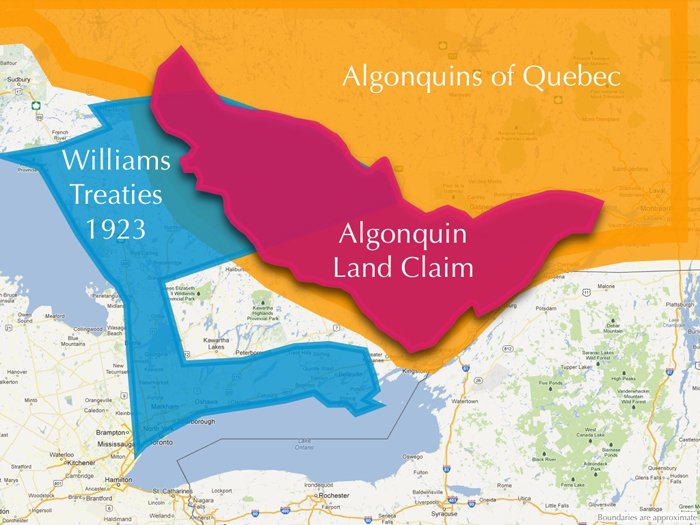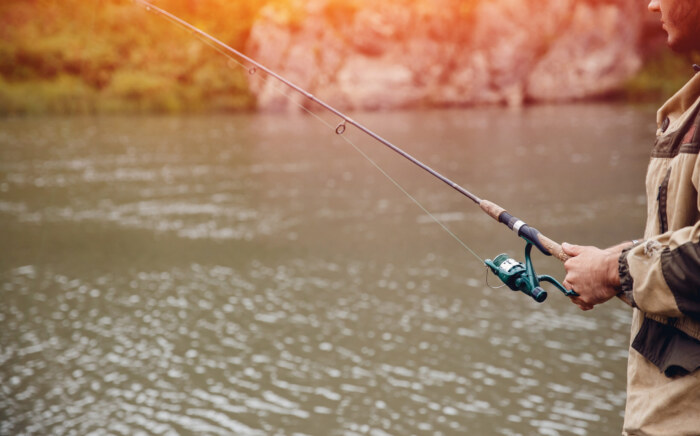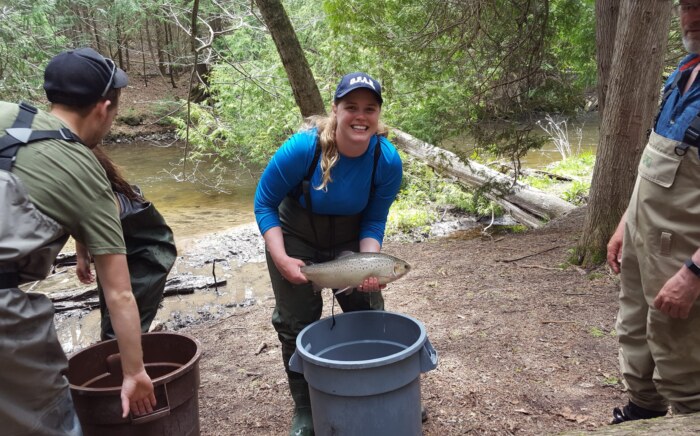The MNRF’s draft Algonquin Land Claim Environmental Evaluation Report (EER) is a 262 page document outlining the environmental impacts of transferring 117,500 acres of Crown lands to the Algonquins of Ontario. The EER largely fails to address the social impacts of this land transfer, which is why the OFAH is particularly concerned. The OFAH has been intimately involved in the Algonquin Land Claim for several years, speaking on behalf of licensed anglers and hunters affected by the claim. Perhaps one of the OFAH’s greatest concerns in the report, is the 16-publicly funded and stocked lakes that will now wholly be on lands to be transferred over to the Algonquins of Ontario. The OFAH simply cannot support the use of public funds to continue stocking lakes that are not accessible to the public. The OFAH also voiced concerns over the transfer of public roads and the beds of 74 waterbodies that the MNRF deemed “low negative effect” impact in their report. For the average angler, hunter or trapper the land claim will impact access to, and recreational use of these Crown land and water resources.
In the OFAH’s response, it was recommended that the MNRF consult further on access to private property, trapping and trap cabins, bait harvest areas, bear management areas, recreational activities and hunt camps. “In our opinion, the social impacts are the most significant concern for many non-Algonquin people who live and recreate within the land claim area. Social considerations deserve greater recognition and assessment in the draft EER”, says Matt DeMille, OFAH manager, fish and wildlife services. Visit www.ofah.org/landsaccess/action to read the OFAH’s response.
The OFAH will continue pushing governments to answer tough questions on this issue and represent the interests of our members affected by the Algonquin Land Claim.




Leave a Comment